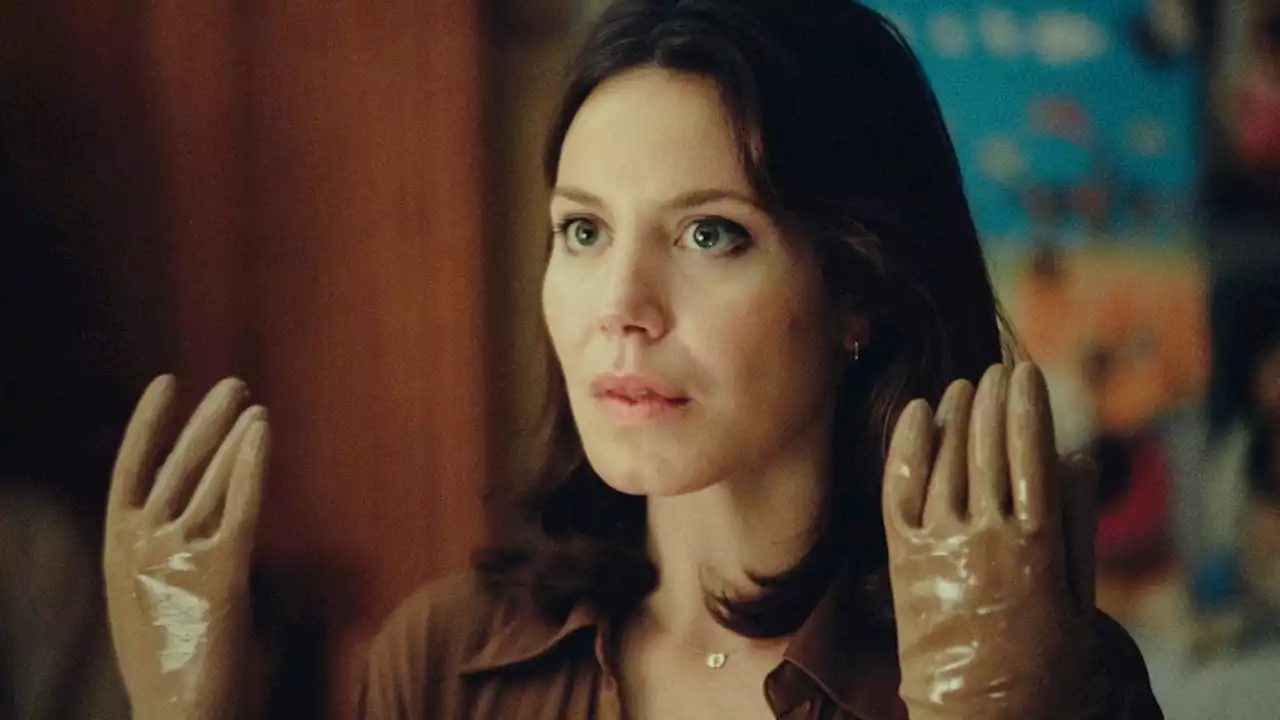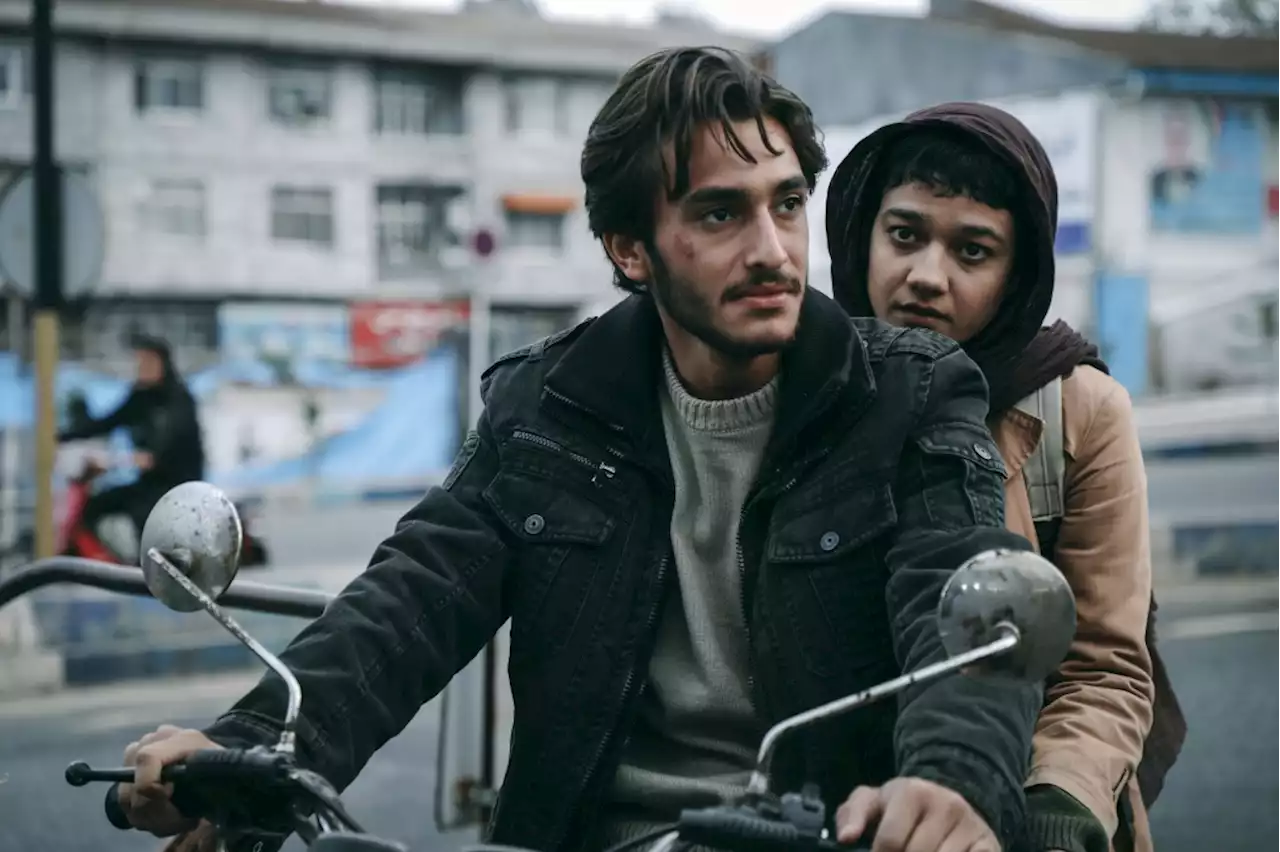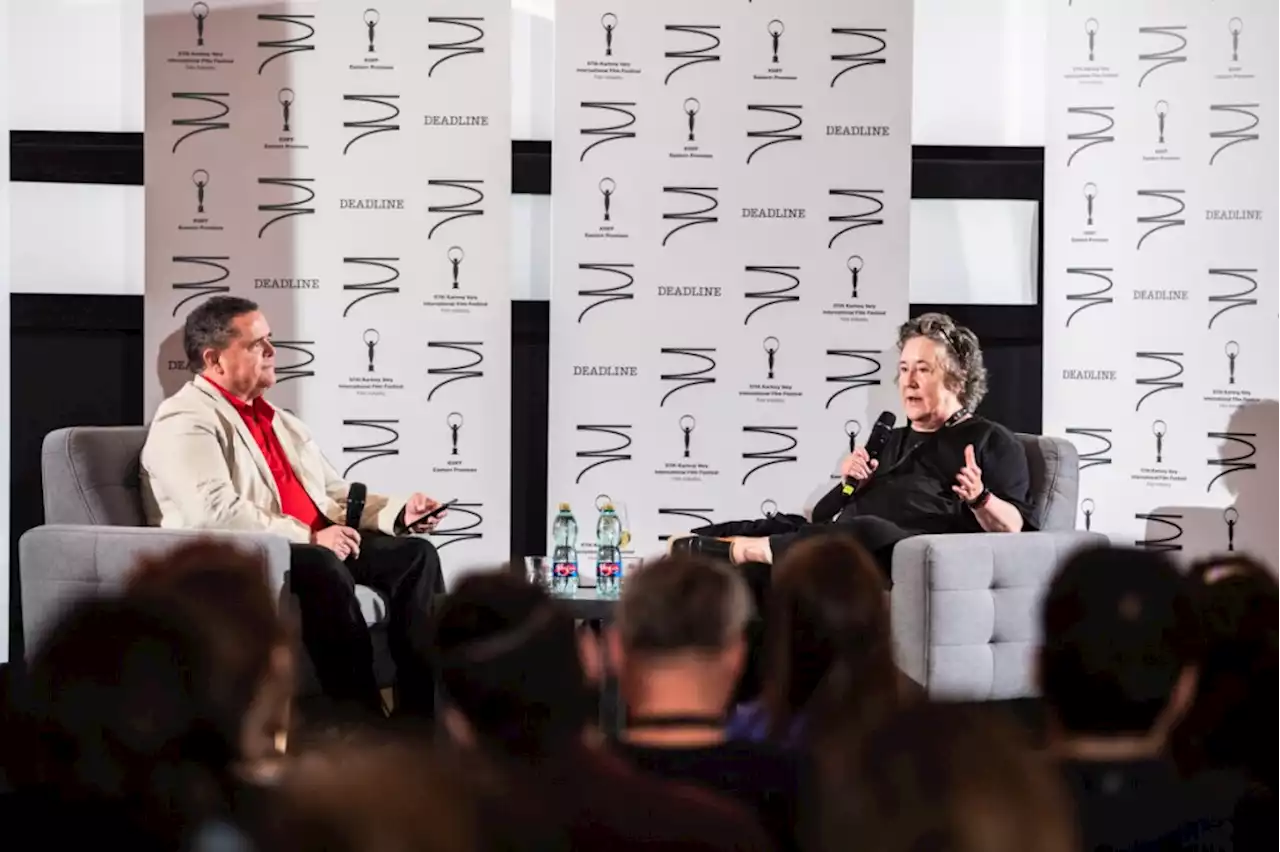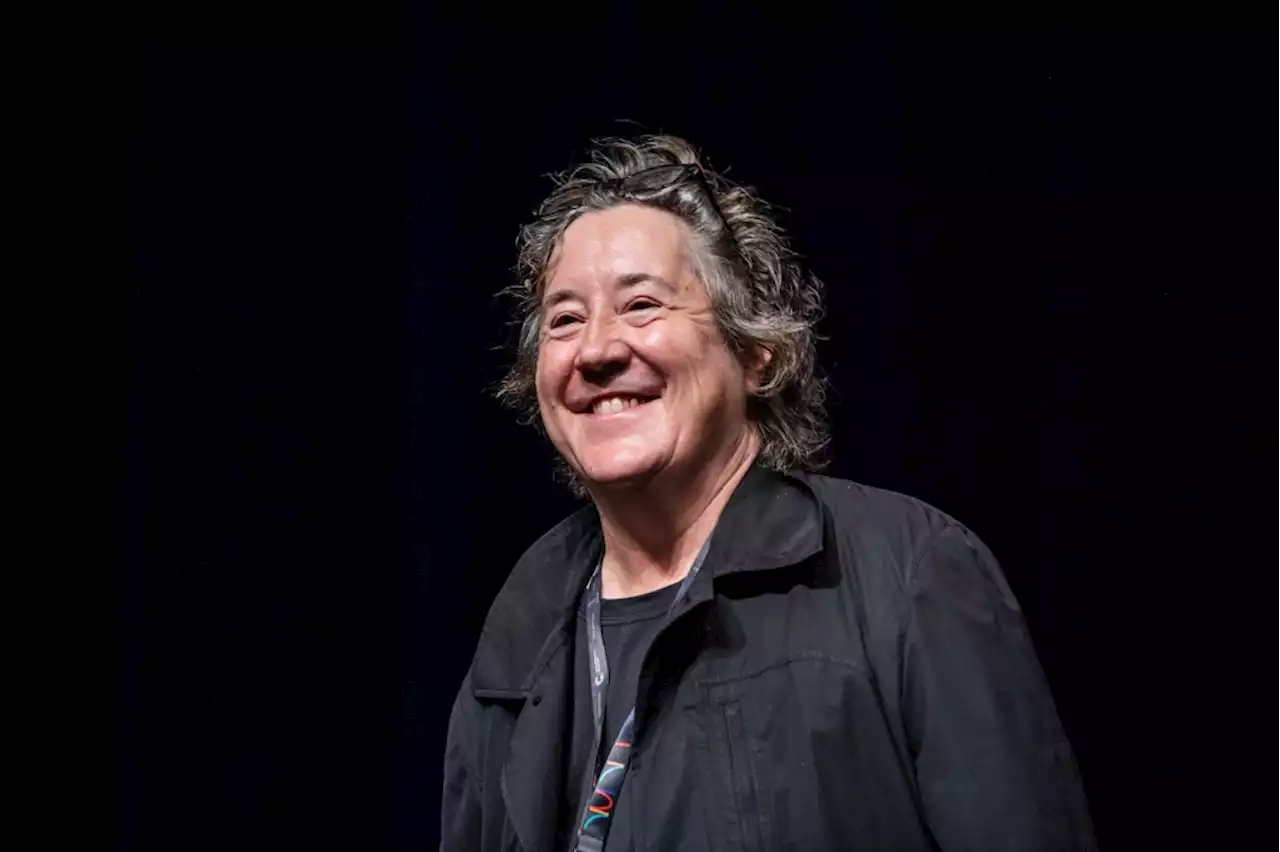Moroccan filmmaker Asmae El Moudir’s discusses how she unraveled her family's, and her country's web of lies around the 1981 Bread Riots — using model figurines — in her Cannes award-winning documentary.
“Pictures were always forbidden in the family house, my grandmother said it was for religious reasons,” El Mourdir tells. “But in the film, I discovered that wasn’t the truth, that there was a deeper, more personal reason to do with trauma and with something that happened with my grandmother.”
With no physical evidence to work with — no family photos, no video footage of the riots — El Moudir rebuilds her Moroccan neighborhood, and her family’s old apartment, in a scale model, from memory, with handmade figurines, sculpted by her father and dressed by her mother, of her family and friends. With this dollhouse in place as a kind of therapeutic tool, she begins to bring in the eyewitnesses, coaxing out their long-dormant stories.
The approach is not without risks. Under its new king, conditions in Morocco are much improved from the “Years of Lead,” as the period of repression from the early 60s to the late 80s was known. But the country still has a shaky relationship with human rights and what happened during the Bread Riots is almost never discussed publicly.
“I was trying to understand how we invent stories when we don’t have any concrete or visual proof of what has happened. How do we reconstruct the past?” she says. “I tried to create this space to bring together the real elements, my family and neighbors, and these constructed elements. That’s why I insist in the film that I’m a filmmaker, not a journalist. As a journalist, I would go into the details of what happened, with the names of the people involved.
United States Latest News, United States Headlines
Similar News:You can also read news stories similar to this one that we have collected from other news sources.
 Czech Sci-Fi Film ‘Restore Point’ Confronts Karlovy Vary Audiences With Questions of ImmortalityIn Robert Hloz’s sci-fi feature debut “Restore Point,” second chances are big business. In the year 2041, anyone who has an unnatural death has the right to be brought back to life, provided they’v…
Czech Sci-Fi Film ‘Restore Point’ Confronts Karlovy Vary Audiences With Questions of ImmortalityIn Robert Hloz’s sci-fi feature debut “Restore Point,” second chances are big business. In the year 2041, anyone who has an unnatural death has the right to be brought back to life, provided they’v…
Read more »
 Karlovy Vary: Monia Chokri on Bringing Female Perspective to Sex in ‘The Nature of Love’The provocative Canadian film about two worlds colliding has a lot to say about sexual passion, but mostly from the perspective of a strong female character played by Magalie Lépine-Blondeau.
Karlovy Vary: Monia Chokri on Bringing Female Perspective to Sex in ‘The Nature of Love’The provocative Canadian film about two worlds colliding has a lot to say about sexual passion, but mostly from the perspective of a strong female character played by Magalie Lépine-Blondeau.
Read more »
 ‘Red Rooms’ Review: A Disturbingly Brilliant Psychological Horror – Karlovy Vary Int’l Film FestivalThe unseen and the obscene are the subject of Pascal Plante’s disturbingly brilliant psychological horror, which takes an overused genre — the serial killer movie — and an often-misused technique —…
‘Red Rooms’ Review: A Disturbingly Brilliant Psychological Horror – Karlovy Vary Int’l Film FestivalThe unseen and the obscene are the subject of Pascal Plante’s disturbingly brilliant psychological horror, which takes an overused genre — the serial killer movie — and an often-misused technique —…
Read more »
 ‘Empty Nets’ Review: A Harsh But Nuanced Look At Today’s Cost-Of-Living Crisis From An Iranian Perspective – Karlovy Vary Int’l Film FestivalYou know the modern world is in a dark place when even a middle-aged Iranian woman says that things were better in the old days. Indeed, for his feature debut, director Behrooz Karamizade has fashi…
‘Empty Nets’ Review: A Harsh But Nuanced Look At Today’s Cost-Of-Living Crisis From An Iranian Perspective – Karlovy Vary Int’l Film FestivalYou know the modern world is in a dark place when even a middle-aged Iranian woman says that things were better in the old days. Indeed, for his feature debut, director Behrooz Karamizade has fashi…
Read more »
 Christine Vachon Talks Todd Haynes, The Writers Strike & Reveals The One Project She Still Wants To Make — Karlovy Vary Int’l Film FestivalEXCLUSIVE: Christine Vachon offered her outlook on some of the industry’s most pressing issues at a keynote masterclass session this afternoon at the Karlovy Vary International Film Festival. The s…
Christine Vachon Talks Todd Haynes, The Writers Strike & Reveals The One Project She Still Wants To Make — Karlovy Vary Int’l Film FestivalEXCLUSIVE: Christine Vachon offered her outlook on some of the industry’s most pressing issues at a keynote masterclass session this afternoon at the Karlovy Vary International Film Festival. The s…
Read more »
 Christine Vachon on Making Cinemagoing “a Bigger Experience,” Being “Not Well Suited to Make a Marvel Movie”The legendary indie film producer also shared insights into her dream project and the Hollywood writers strike during a masterclass at the Karlovy Vary Film Festival.
Christine Vachon on Making Cinemagoing “a Bigger Experience,” Being “Not Well Suited to Make a Marvel Movie”The legendary indie film producer also shared insights into her dream project and the Hollywood writers strike during a masterclass at the Karlovy Vary Film Festival.
Read more »
